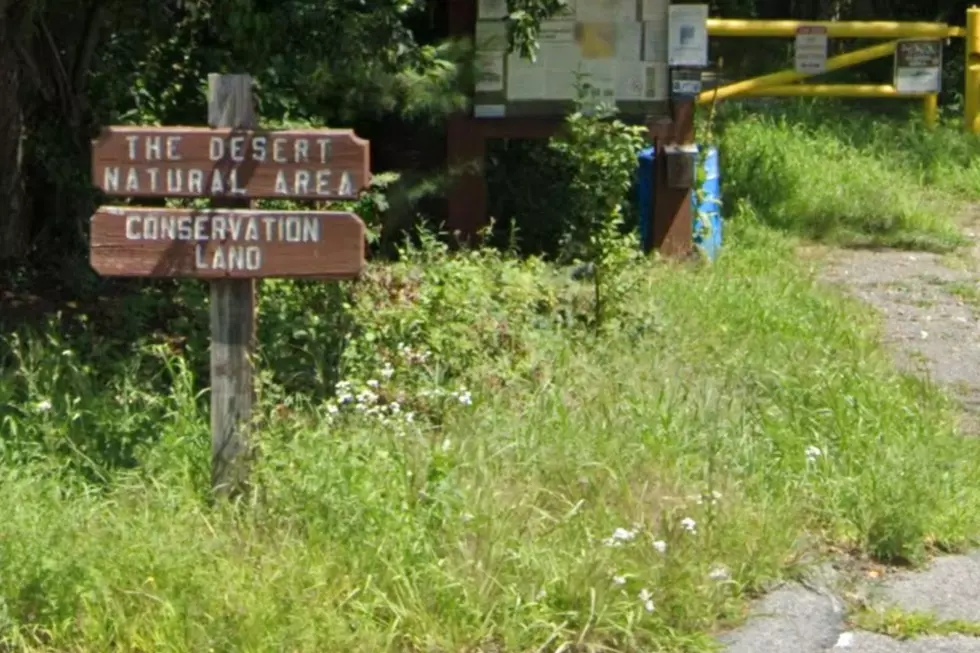
Selection of Offshore Wind Providers Delayed One Month
STATE HOUSE, BOSTON — Faced with a Monday deadline to select a project that can deliver between 400 and 800 megawatts of offshore wind energy to the Bay State, utility companies working with the state instead have extended their deadline a month, until May 23.
In a letter to the Department of Public Utilities on Monday, the team evaluating the bids for a long-term offshore wind energy generation contract said it needs the extra 30 days but still expects to submit a negotiated contract for state approval by July 31.
The companies said meeting the April 23 deadline "has proven impossible as a result of factors outside the Distribution Companies’ control."
The evaluation team said the delay was necessitated by "a few key events that were unforeseeable at the time the current ... schedule was approved," citing "three powerful nor'easters during the first two weeks of March" that electric distribution companies had to respond to and which pulled members of the evaluation team away from the procurement, and delays in the state's process for securing a long-term contract for hydropower, which involves many of the same evaluators.
Executives from Unitil, National Grid and Eversource make up the evaluation team, which is overseen by an independent evaluator.
The new May 23 deadline to select a developer to enter into contract negotiations, the evaluation team said in its letter, will not affect the other deadlines in the offshore wind energy procurement process.
"The remaining milestones directed by the Department (i.e., Contract Execution by July 2 and Department filing by July 31, 2018), remain unchanged," the letter said.
Gov. Charlie Baker hinted at the delay last week when he told reporters that he expected the procurement "will probably slide by a few weeks."
"They have a lot of information to work their way through, and I think this is the sort of thing that people want to make sure they get right," Baker said of the evaluation team.
In an email, Executive Office of Energy and Environmental Affairs Press Secretary Katie Gronendyke said the administration "looks forward to the evaluation team completing their review and project selection to procure the largest amount of competitively solicited offshore wind energy in the country’s history."
There are three developers vying for the long-term contract mandated by a 2016 energy diversification law that called for roughly 1,200 megawatts of clean energy generation and 1,600 megawatts of offshore renewable energy: Bay State Wind, Revolution Wind, and Vineyard Wind.
Bay State Wind has said it could provide 500,000 Massachusetts homes with power and includes a 55-megawatt battery storage system to help ensure power is available during peak hours. Deepwater Wind, which operates an offshore wind farm off Block Island, is planning a 400-megawatt Revolution Wind project southwest of Martha's Vineyard that it says could be completed and operational by 2023. Vineyard Wind has proposed projects capable of generating 400 megawatts or 800 megawatts and says it could begin construction in 2019.
The state's other clean energy procurement process, this one focused on Canadian hydropower, hit a snag when a New Hampshire regulatory board denied a certification needed for the controversial Northern Pass Hydro project, which would have brought hydroelectric power from Quebec to Massachusetts through a 192-mile electricity transmission project through the White Mountains.
When Eversource Energy and the Canadian utility Hydro Quebec could not get that regulatory decision overturned by a deadline set by Massachusetts officials, the electric distribution companies decided instead to finalize a long-term contract with the 140-mile New England Clean Energy Connect transmission project through Maine.
--Colin A. Young, State House News Service
More From WBSM-AM/AM 1420









